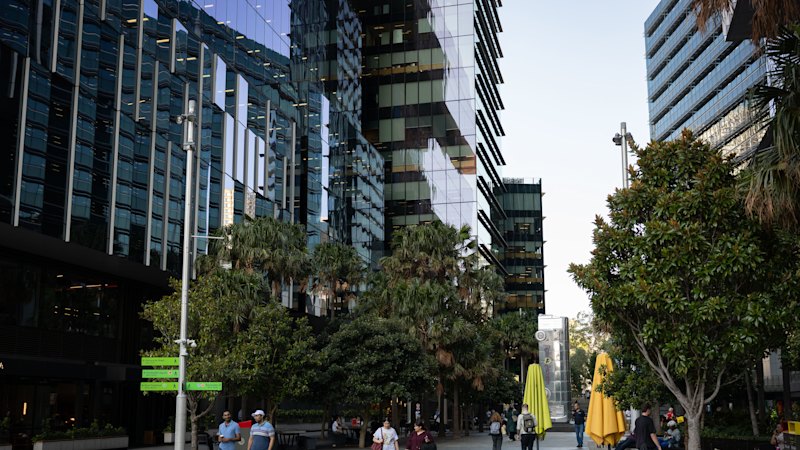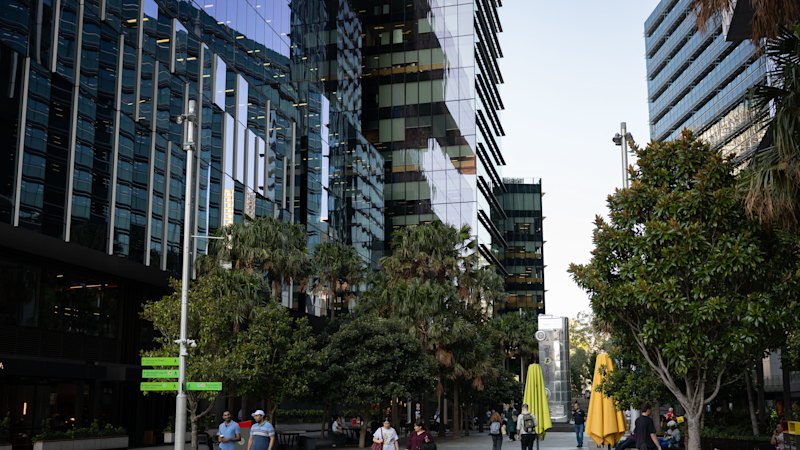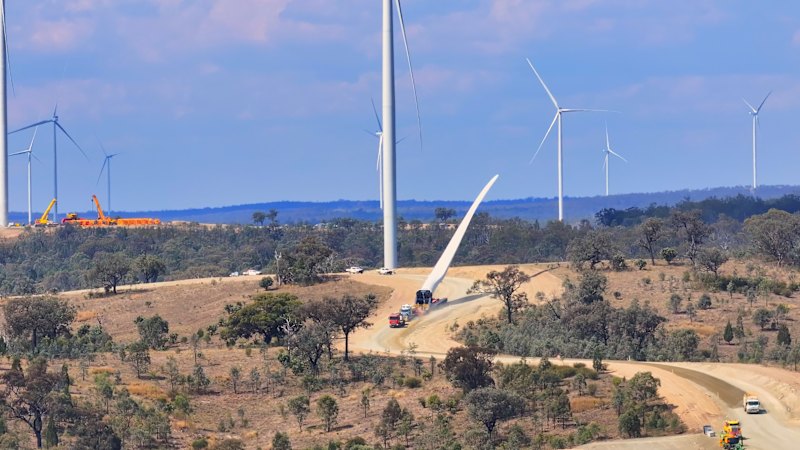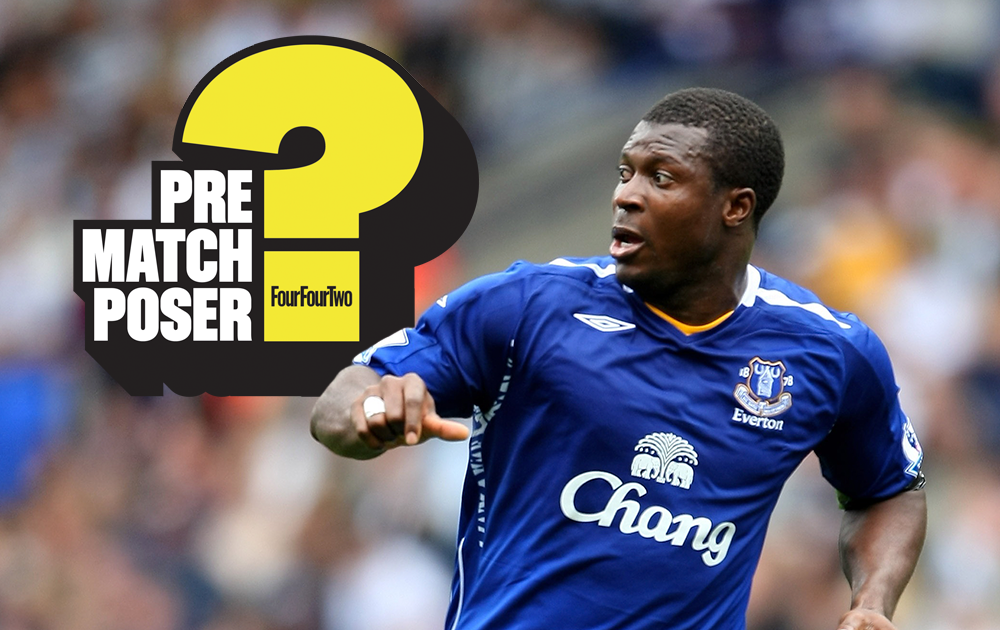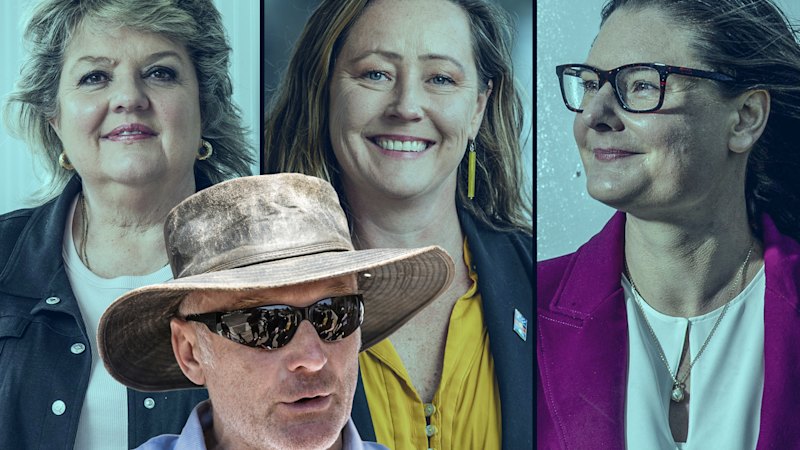
UPDATE: Three women are positioning themselves as frontrunners in the race for the NSW Parliament seat of Kiama, but a controversial male candidate aims to derail their efforts. The upcoming byelection, set for September 13, is heating up as Labor’s Katelin McInerney, Liberal former councillor Serena Copley, and teal independent Kate Dezarnaulds face off against each other, with the Greens also entering the fray through candidate Tonia Gray.
At the center of the controversy is Andrew Thaler, a suspended councillor from Snowy Monaro Council, who has a track record of misogynistic remarks. Thaler has faced suspension twice due to his offensive language and previously made derogatory comments about fellow councillors, including calling one a “fat, dumb blonde.” He is now seeking to run as an independent candidate in a race he claims is “disgusting” due to its focus on female candidates.
Thaler stated, “People are sick of the women and woke agenda,” showing a blatant disregard for the significance of having women represent the constituency. His candidacy adds a troubling dimension to the growing representation of women in politics, particularly as they strive to break barriers in traditionally male-dominated spaces.
As of now, Thaler lacks the 25 signatures required from local residents to officially nominate as an independent candidate. He has taken to social media, urging followers to support his bid. With nominations closing next Thursday, the clock is ticking for Thaler to secure the necessary backing.
The Kiama byelection has become more than just a political contest; it represents a broader struggle for women’s representation in leadership roles. The candidates, including the experienced McInerney and Copley, are determined to prove that they can lead effectively and challenge the status quo.
The fact that the race is characterized by a strong female presence is crucial for the community of Kiama, which has historically seen limited representation from women. This election could set a significant precedent for future political contests in New South Wales.
As the election date approaches, voters are encouraged to engage in the process and consider the implications of their choices. The narratives surrounding these candidates are not just political; they are about the values and attitudes that will shape the future of governance in New South Wales.
Stay tuned as we continue to monitor this developing situation and provide updates on candidate nominations and voter sentiment leading up to the September 13 polls.
